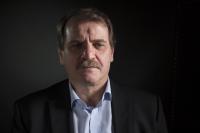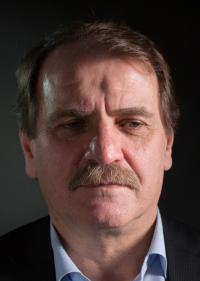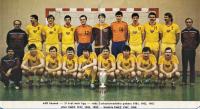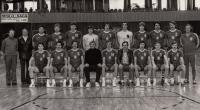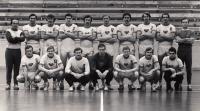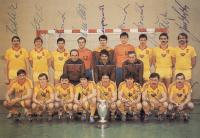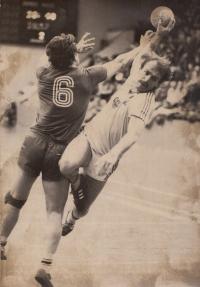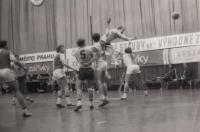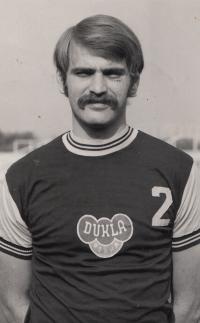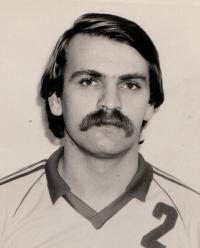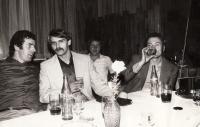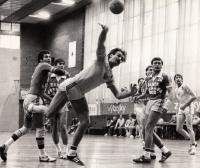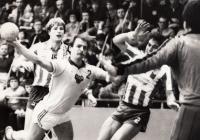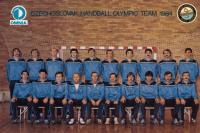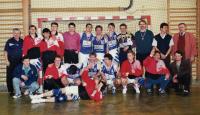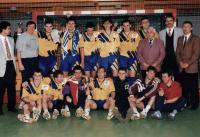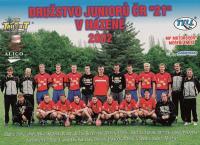“We played for our country, regardless of what it was like.”
Jiří Liška (born 1952 in Písek) excelled in sports as a child, and in 1957, he began playing handball. His father, an Army officer, lost his job during the normalisation and subsequently earned a living through manual labour. After graduating from secondary school, Jiří Liška was denied university studies for political reasons. While on military service, he started playing for the Dukla Praha handball team, later becoming a member of the Czechoslovak national team. He won the national championships eight times, he participated in the Olympics in Montreal 1976, and in 1984, he won the finals of the European Champions Cup. In 1984, he began studying at the Faculty of Physical Education and Sports of Charles University in Prague, and the following year he concluded his professional sports career. He later worked as a coach at Dukla Praha.

